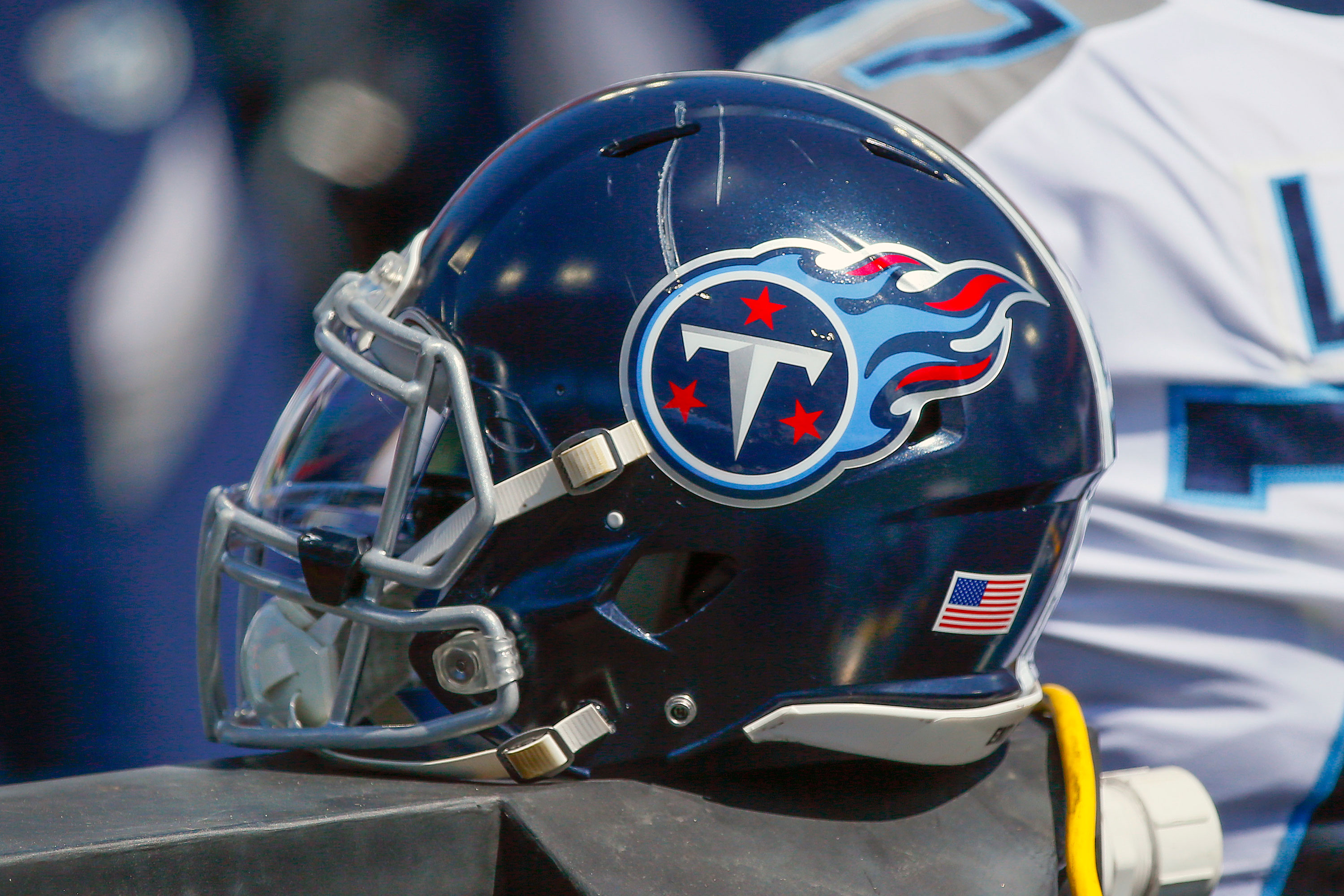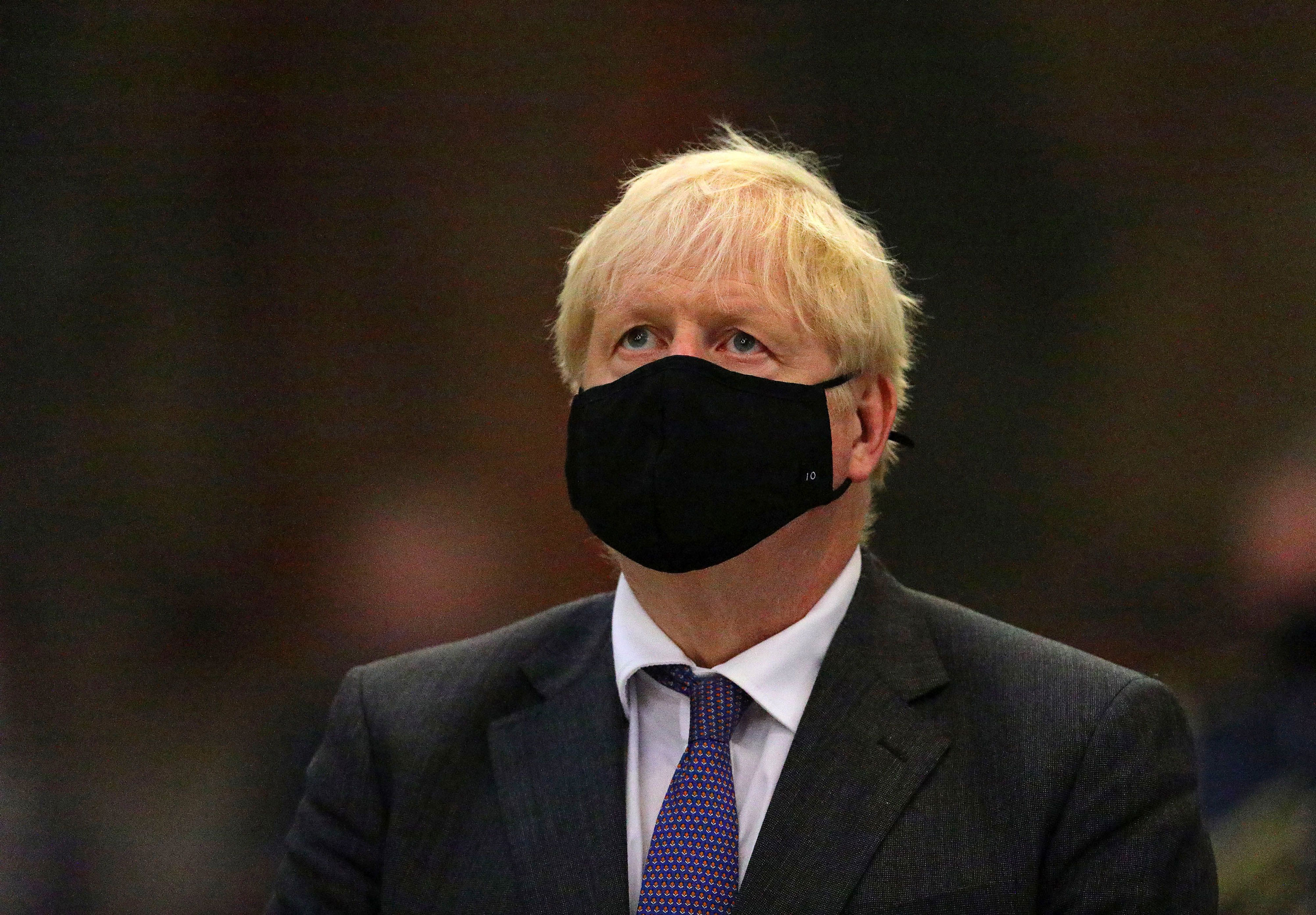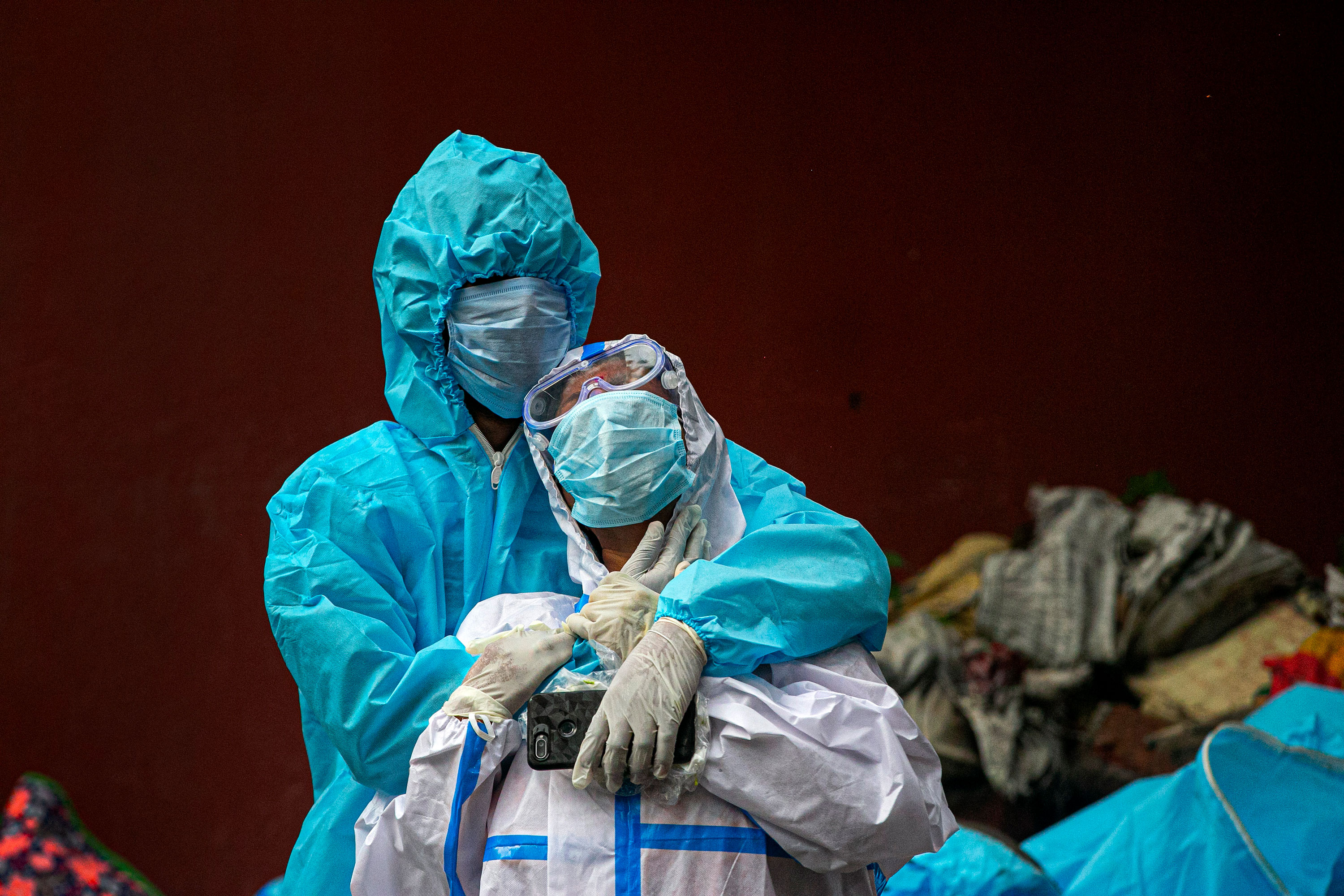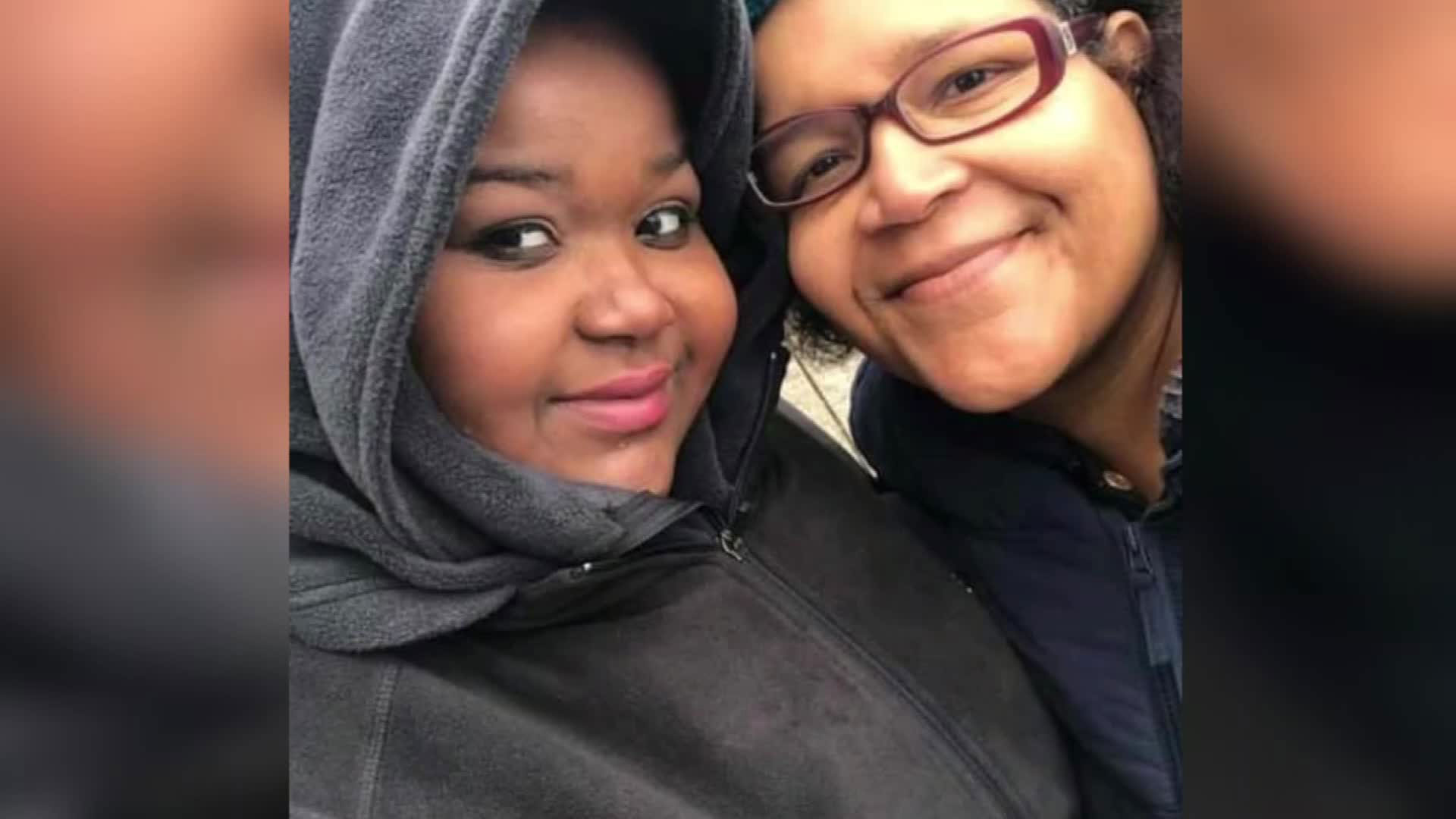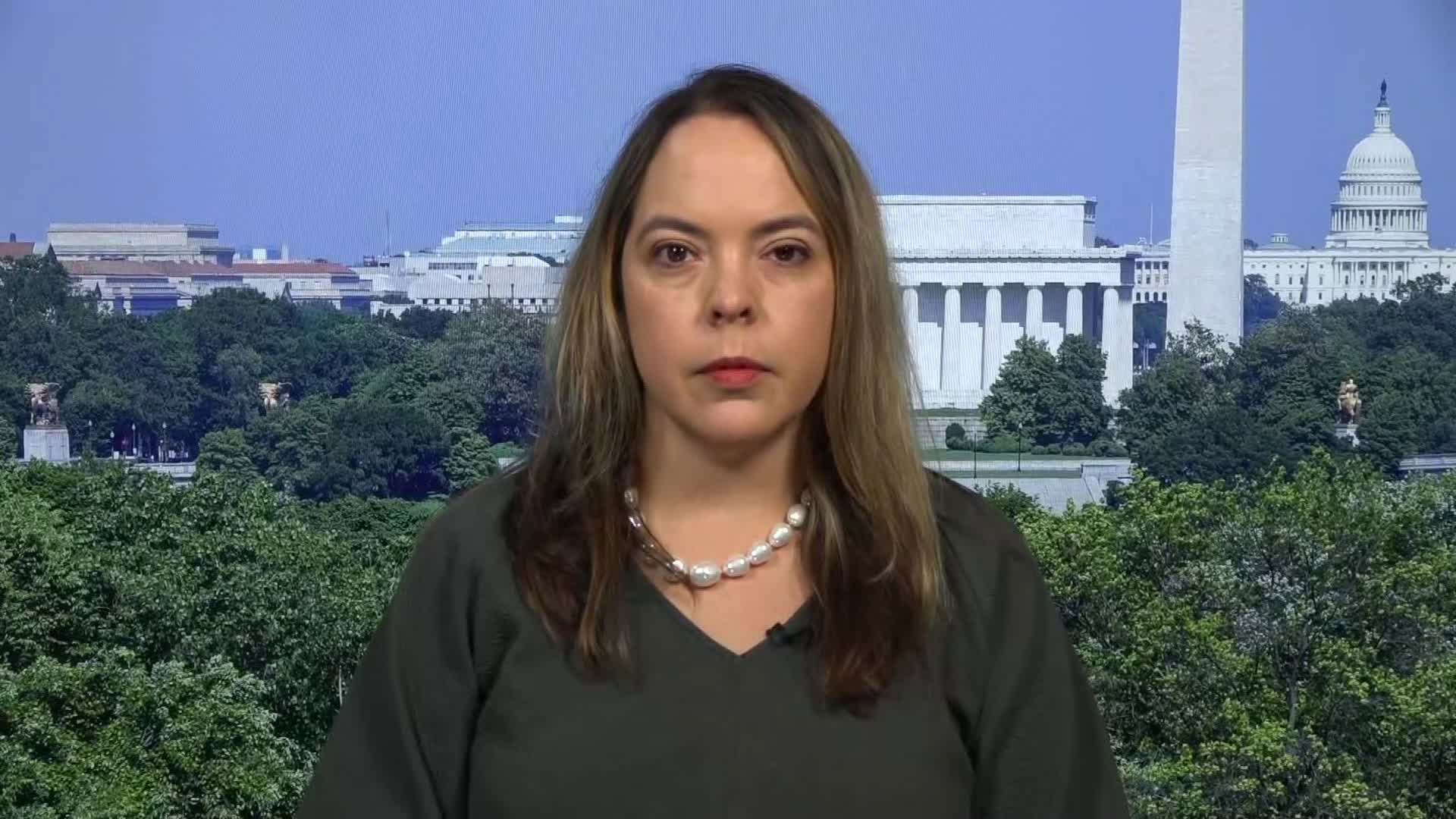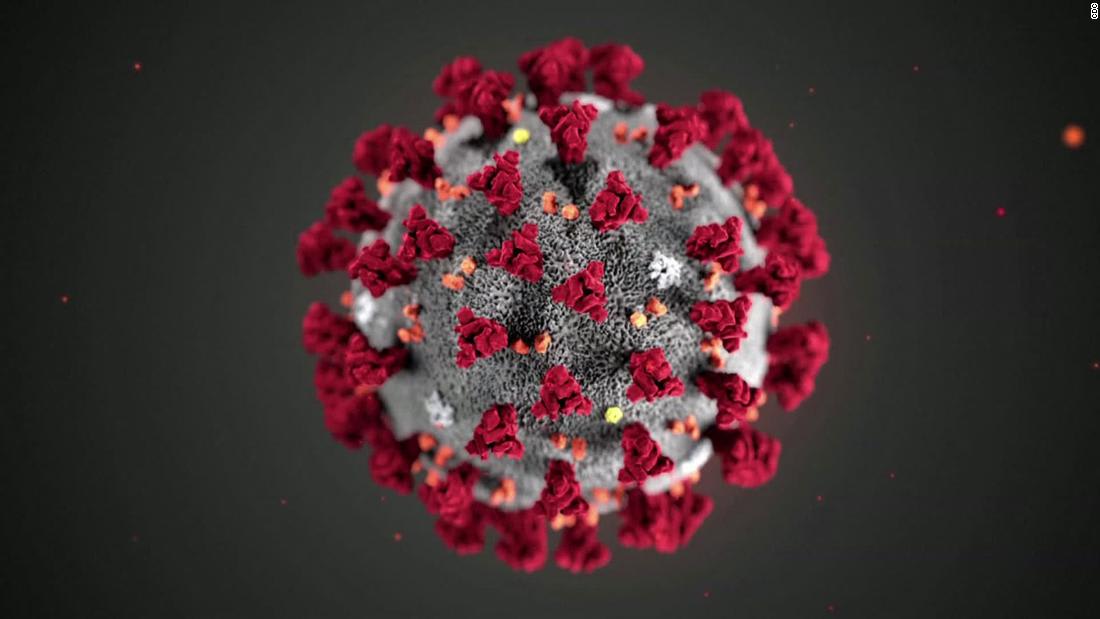A new survey reveals broad trust in science around the world, although the United States shows the widest split between those on either side of the political spectrum.
The survey, released Tuesday by the Pew Research Center, is a snapshot of attitudes toward a range of scientific issues leading up to the peak months of the Covid-19 pandemic. It is based on more than 32,000 interviews in 20 countries conducted from October 2019 to March 2020.
"This survey gives a portrait of global opinion on the place of science in society as challenges from the coronavirus outbreak were taking hold,” Cary Funk, Pew Research Center’s director of science and society research, said in a statement.
Overall, 38% of US adults said they have "a lot" of trust in scientists to do what's right for the country — breaking down to 62% of respondents on the left and 20% on the right.
For comparison, 56% of US adults said same of the military, 13% said the same of news media, 11% for business leaders and 8% for national government.
The report addresses a range of other issues, including widespread acceptance of childhood vaccines and concerns about climate change — again, with the United States showing the largest ideological gap between liberals and conservatives on the latter. In addition, 63% of US respondents said the government is doing "too little" to address climate change.
In the months since the survey was conducted, experts have publicly lamented a politicization of science surrounding the pandemic in the US — including attitudes toward masks, beliefs that political pressure may rush a vaccine to market, and questions swirling around guidelines issued by the country's top public health officials.
Read the full survey here.
